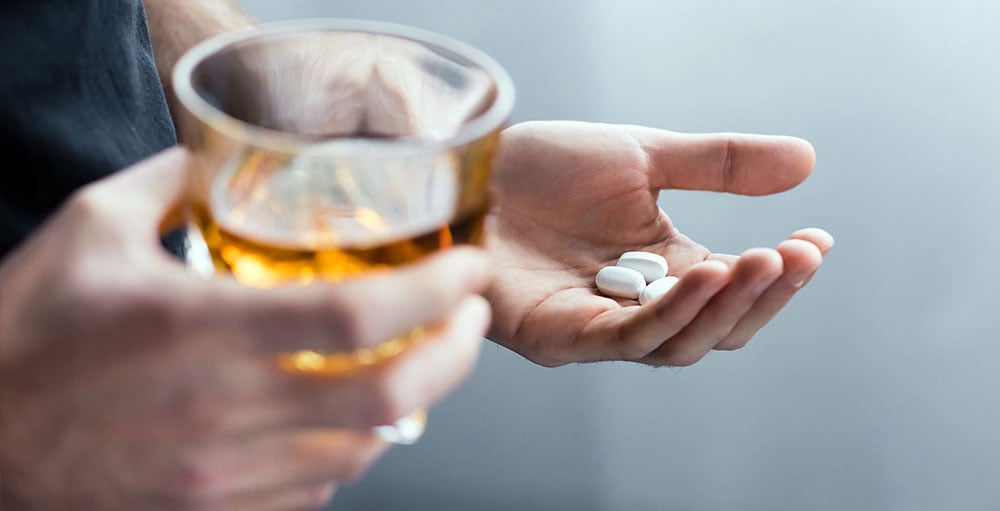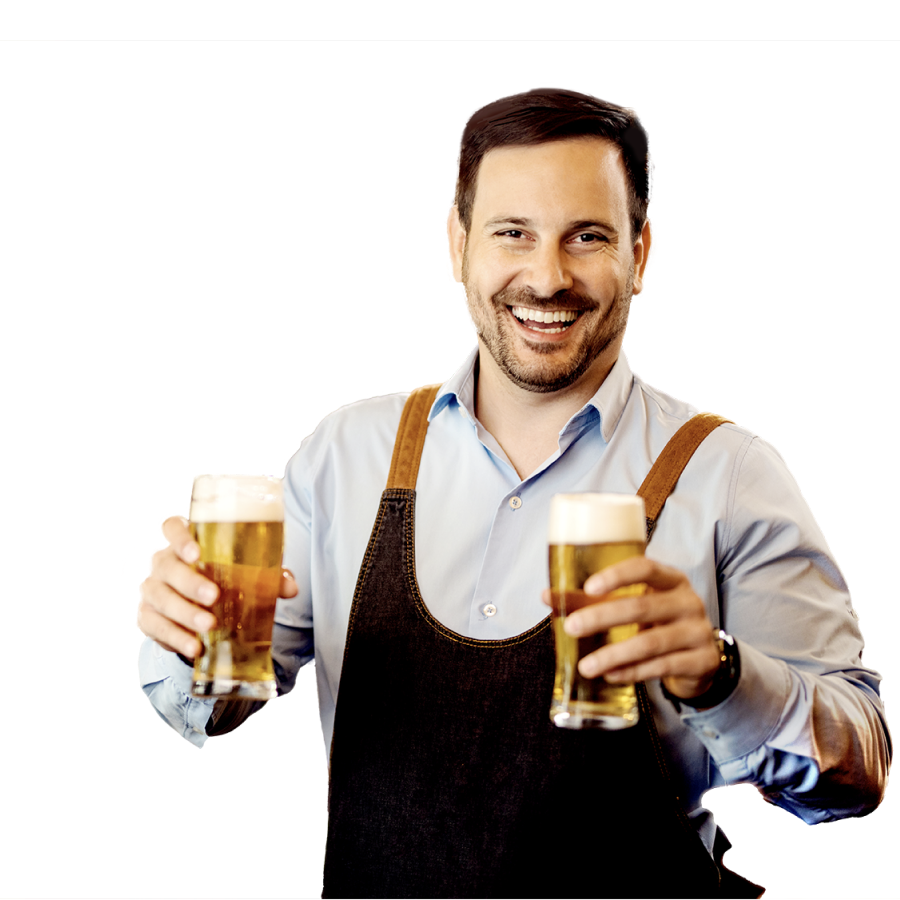Being under the influence of medication or other drugs can increase how inebriated a customer becomes.
The effects of alcohol are increased when the person consuming it also has medication or other recreational or illegal drugs in their system. Some medication and drugs can cause impairment by themselves, and could have dangerous — even fatal — consequences when mixed with alcohol. Common medications like cold or allergy medicine, or over-the-counter painkillers like Tylenol or Aspirin, can increase the absorption rate of alcohol, and heighten its effects.
As an alcohol server or bartender, you’re responsible for ensuring that customers are drinking responsibly and stopping service if a customer becomes intoxicated. This means that you also need to recognize the signs of inebriation caused by medication or other drugs, and refuse service if you suspect a person is intoxicated.
Signs of intoxication for different drug types
Alcohol servers should observe customers from the moment they walk through the door, and should consider that they may be under the influence of medication or other drugs when assessing their behavior. If you suspect that a customer is intoxicated due to alcohol, medication or other drugs, you must stop or refuse service.
Depressants
These are used to reduce nervous activity, and treat anxiety, panic attacks, insomnia or seizures. For example: sedatives or tranquilizers.
Common behavioral signs:
- appearing very relaxed
- having slow reaction times
- acting confused
- showing poor judgment
- being irrational or emotionless
Stimulants
This kind of drug stimulates the brain and central nervous system, and can make the person alert and elevate their mood. Some legal stimulants, such as Adderall or Ritalin, are used to treat ADHD. Common illegal stimulants are cocaine or ecstasy.
Common behavioral signs:
- seeming extremely energetic
- becoming aggressive
- sweating excessively
- being anxious or confused
Hallucinogens
As the name suggests, these cause hallucinations by affecting the way the body processes serotonin. They affect physical functions, altering the appetite, emotional state, muscle movement, hunger — basically all bodily systems are impacted. Some common hallucinogens are marijuana, mescaline, magic mushrooms or LSD.
Common behavioral signs:
- appearing dizzy
- showing poor judgment
- exhibiting signs of paranoia
Your responsibility to stop service
Alcohol servers should always be watching for typical signs of intoxication, such as becoming overly chatty and self-confident, having slurred speech or bloodshot eyes, or stumbling. Servers should also reference a BAC chart when counting drinks to help determine whether a customer is intoxicated and when to stop service.
Being under the influence of medication or other drugs is only one factor that can heighten a person’s intoxication level. Learn 5 common factors that affect intoxication levels for a breakdown of the ways your customers’ intoxication may be heightened to a dangerous extent.
If you believe that a customer is intoxicated due to alcohol, medication, drugs or any combination of the three, it’s your responsibility to stop or refuse alcohol service.
Looking for more information about how alcohol affects the body? Userve’s Alcohol Server Course provides in-depth and interactive training on the effects of alcohol, how to spot signs of intoxication and proven techniques for stopping alcohol service. Gain the knowledge you need to responsibly serve alcohol by completing your alcohol server training with us!

